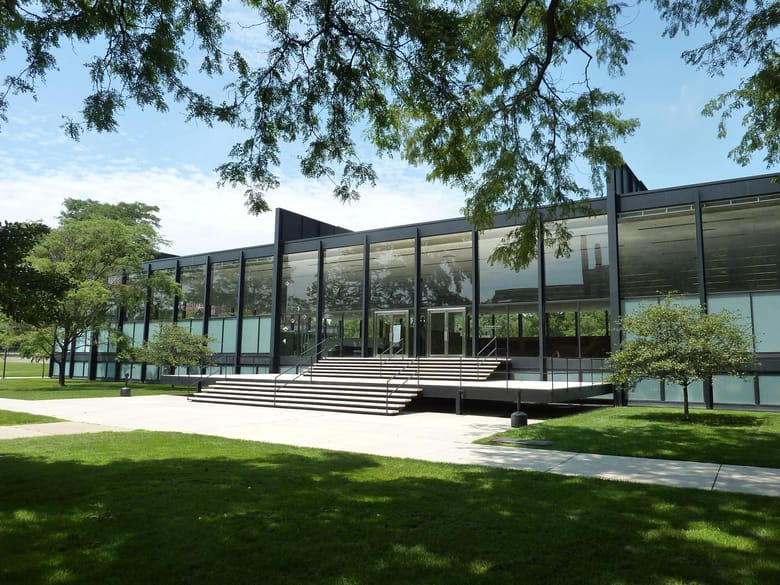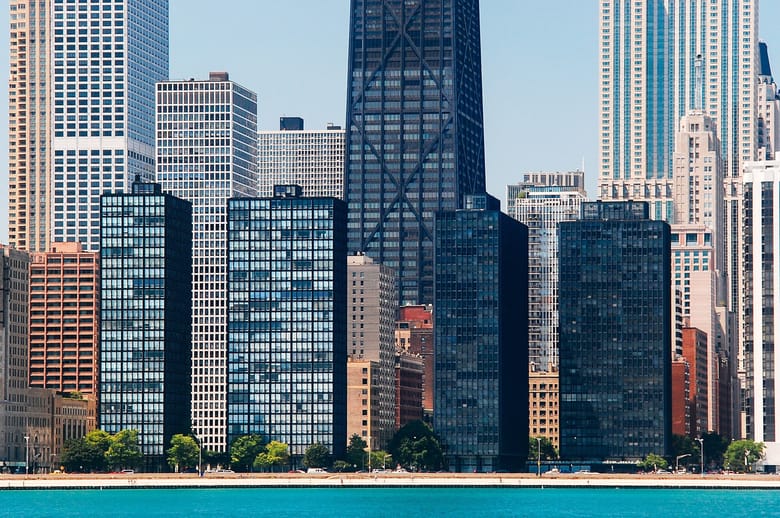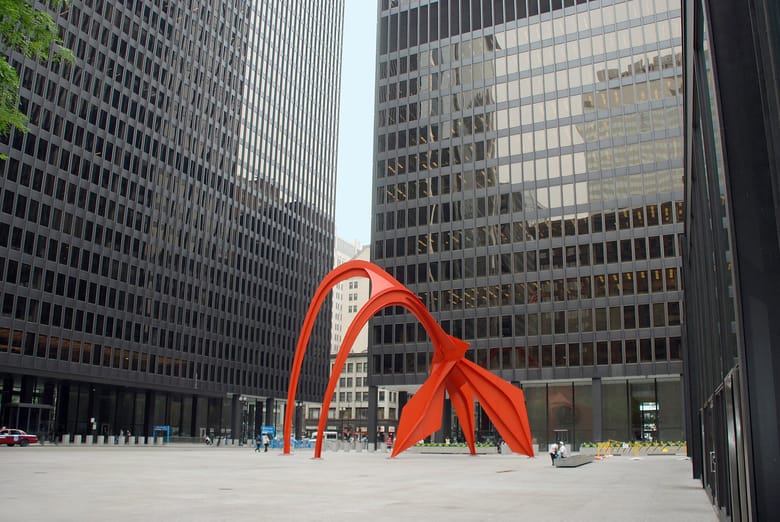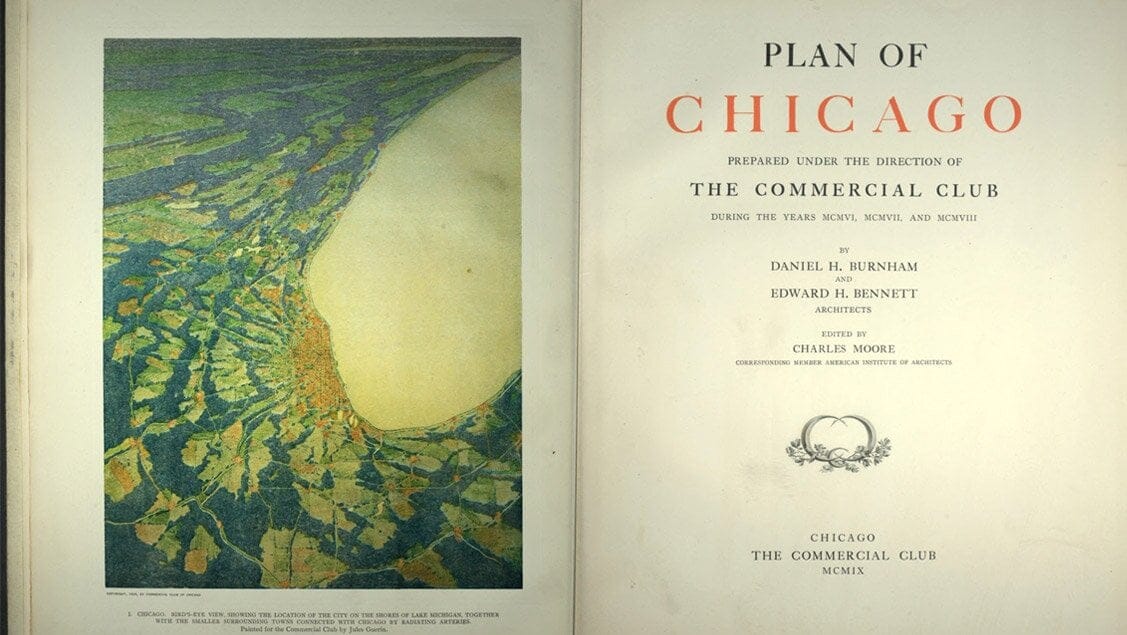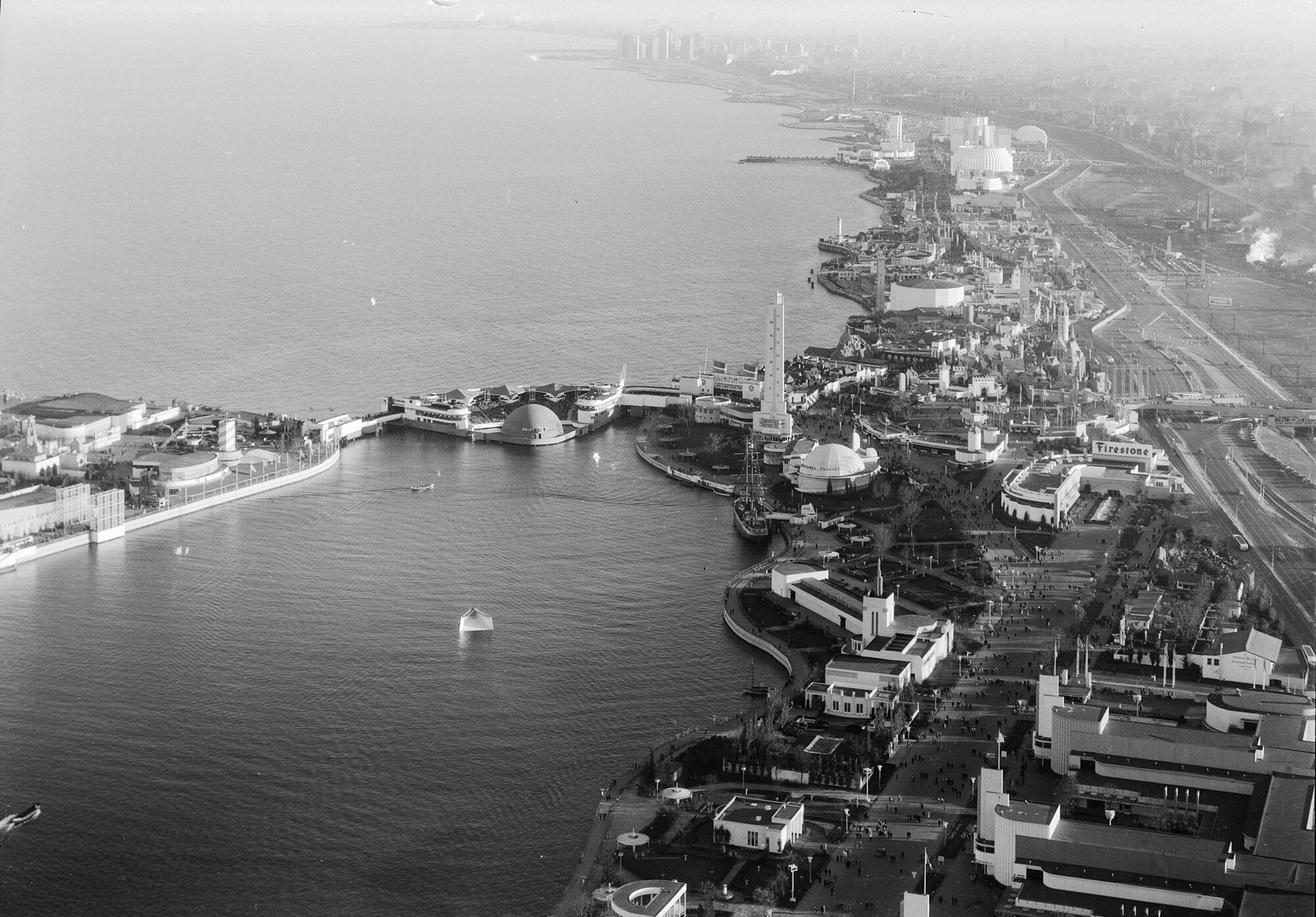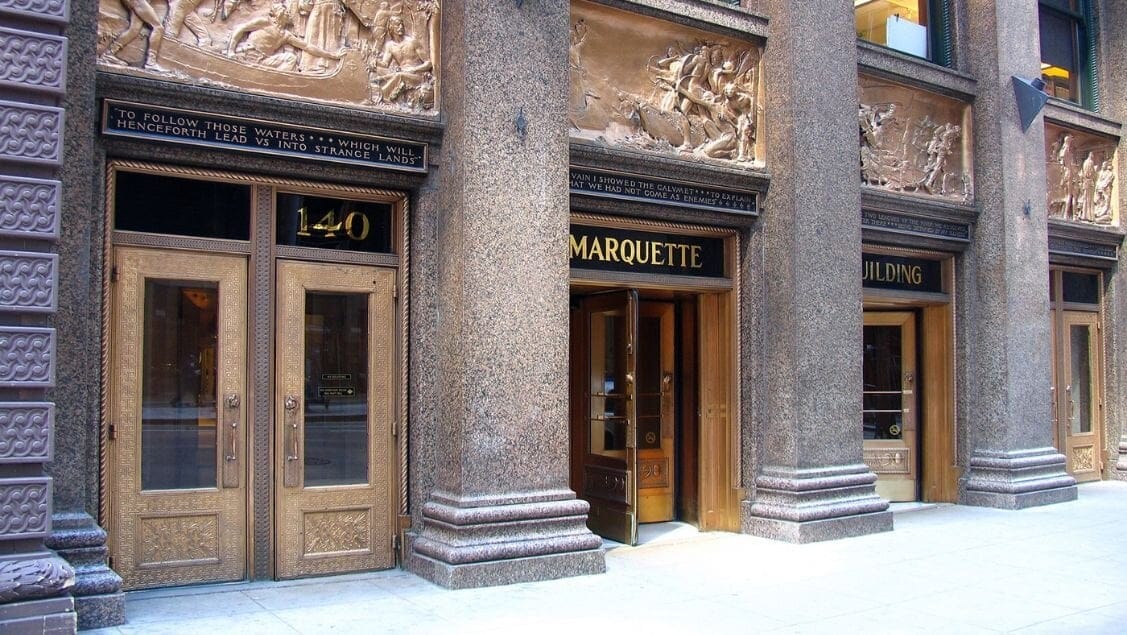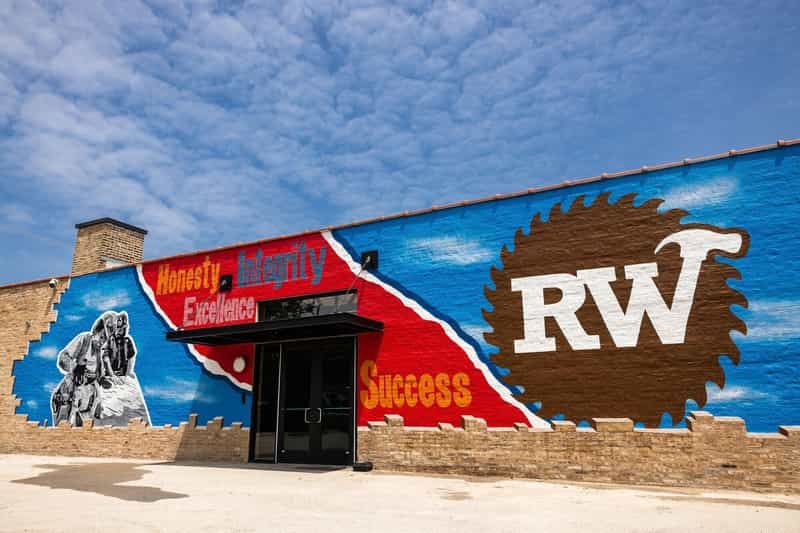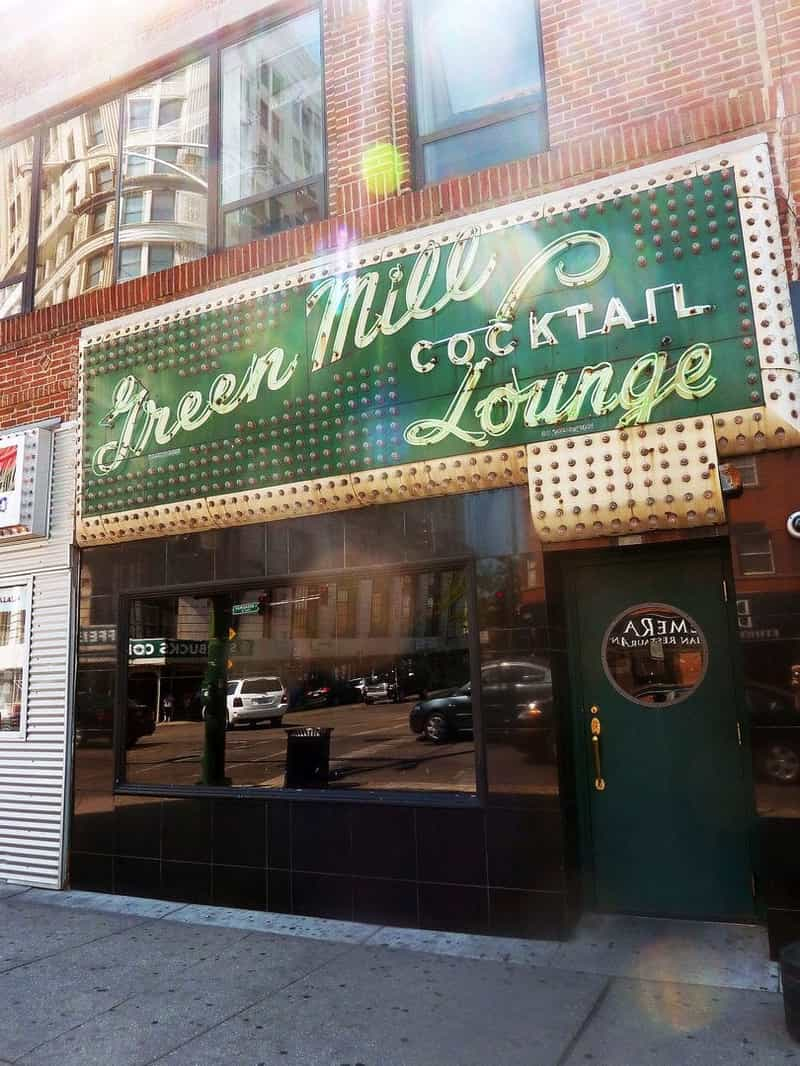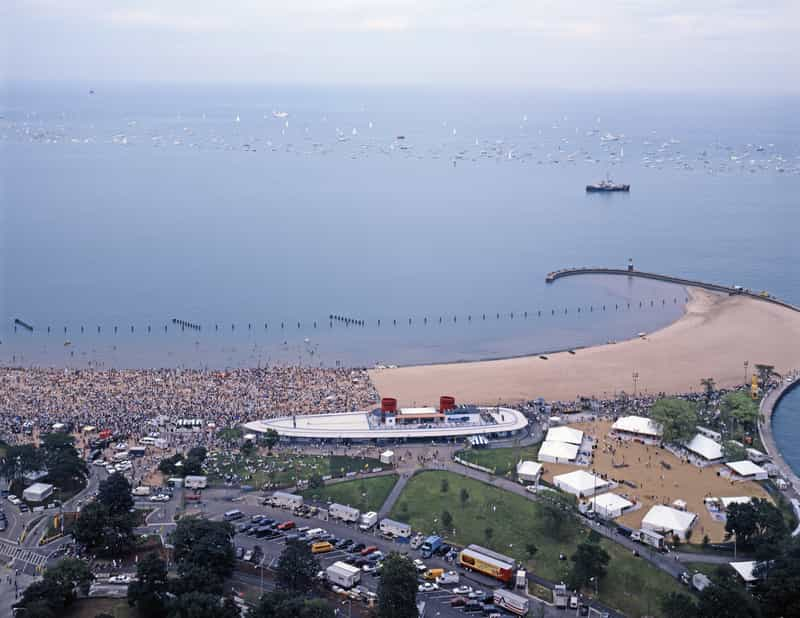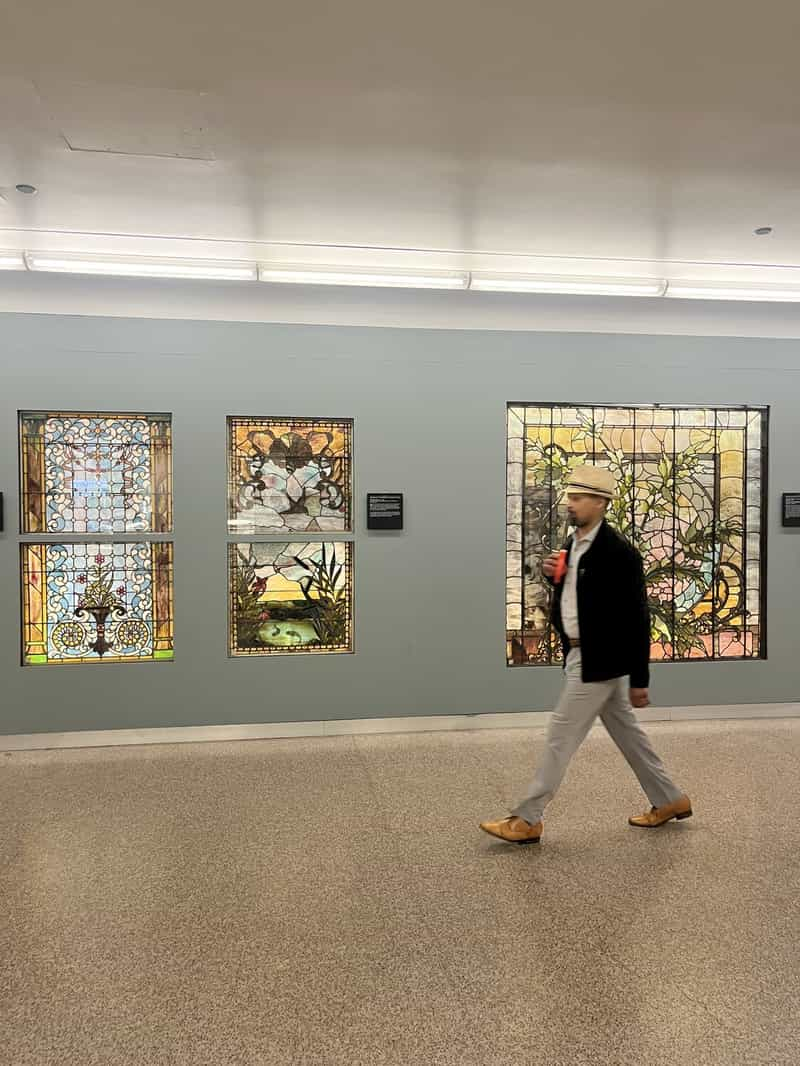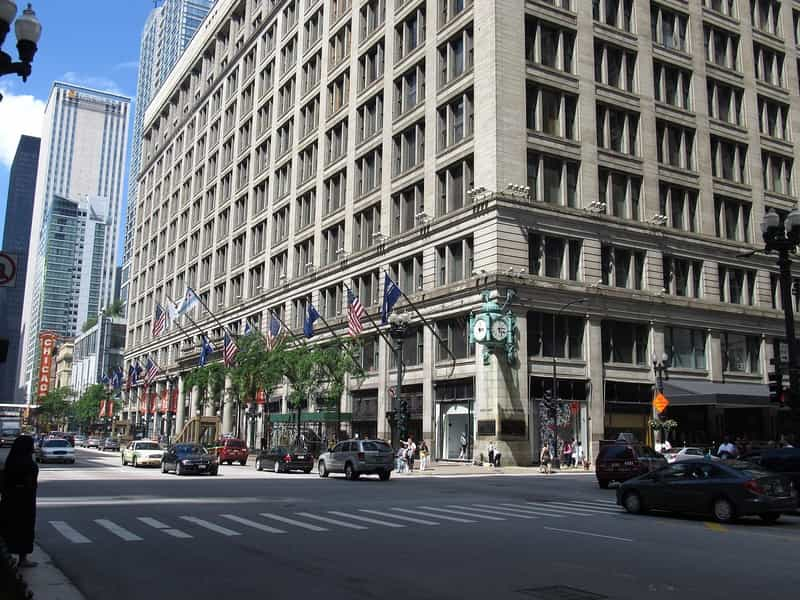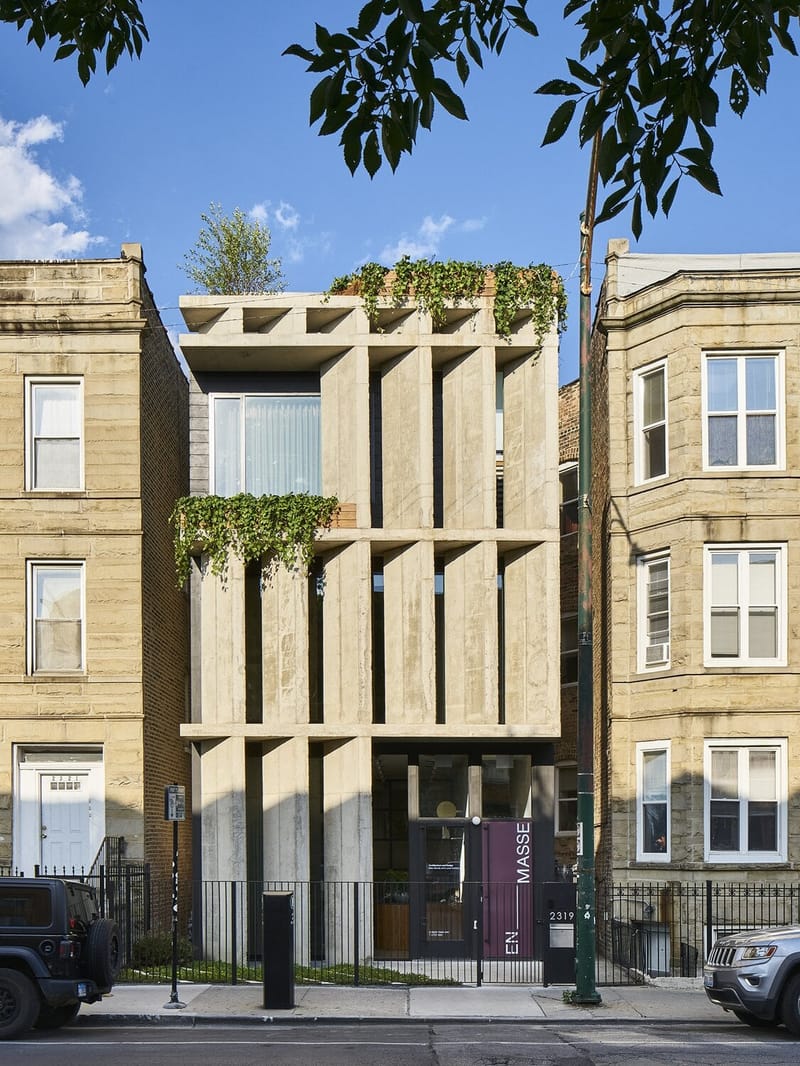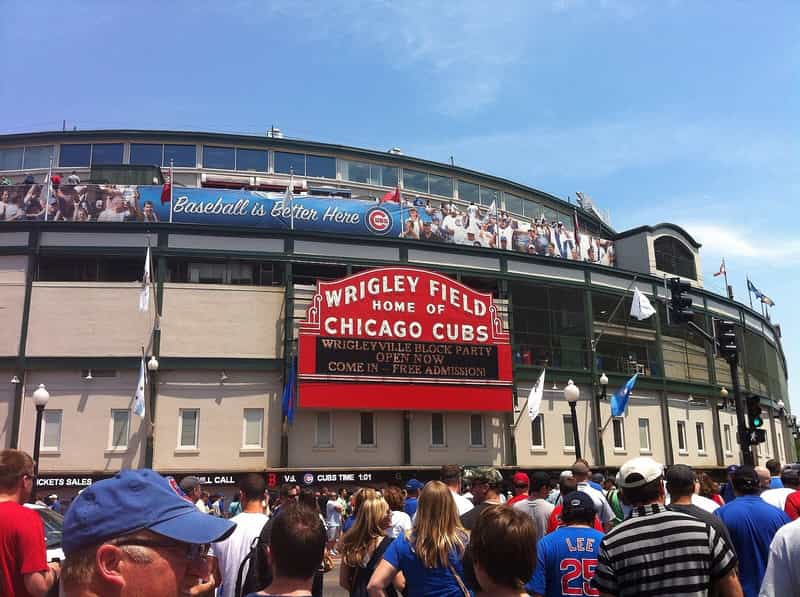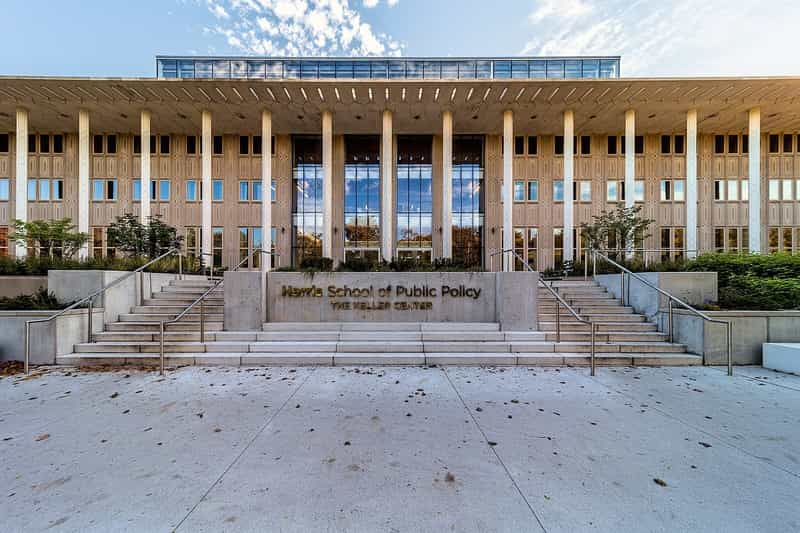In 1932, historian Henry-Russell Hitchcock and architect Philip Johnson presented an exhibition and companion book at the Museum of Modern Art in New York that chronicled contemporary European architecture. The “International Style” exhibition coined the style name and introduced these radically modern buildings to an American audience.
Hitchcock and Johnson laid out three key design principles of the International Style:
1) Architecture as volume – thin planes or surfaces create the building’s form, as opposed to a solid mass
2) Regularity in the facade, as opposed to building symmetry
3) No applied ornament
In Chicago, architect and professor Ludwig Mies van der Rohe, featured in the original 1932 exhibition, designed many International Style buildings throughout the 1950s and 1960s. Those buildings influenced his students’ buildings well into the late 20th century. The Inland Steel Building and the Willis Tower are two such examples.
Characteristics include:
- visible steel frame
- large panes of glass
- flat roof
- no applied ornament
